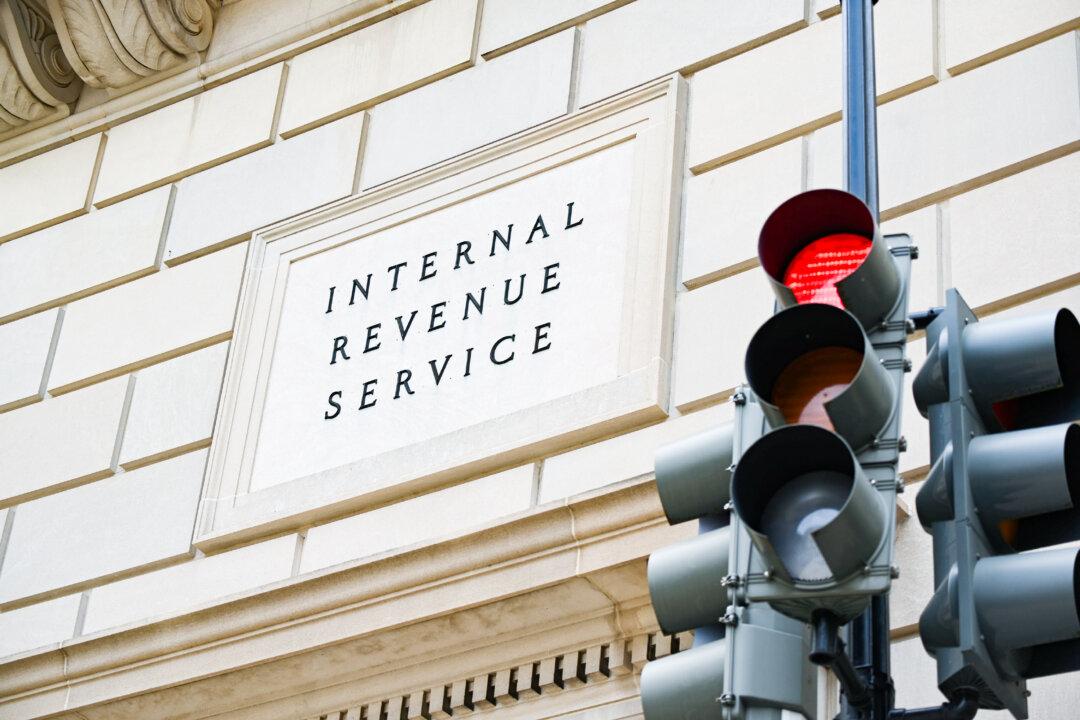The amount of taxes collected from Americans under President Joe Biden has soared compared to former President Donald Trump’s tenure, while tax enforcement has also risen, an analysis of Internal Revenue Service (IRS) data shows.
The IRS collected a total of $4.9 trillion in taxes for fiscal year 2022 (Oct. 1, 2021 to Sept. 30, 2022), according to the IRS' newly released Data Book. At the same time, the IRS issued nearly $642 billion in refunds last year, putting the net amount of taxes collected at around $4.26 trillion.





